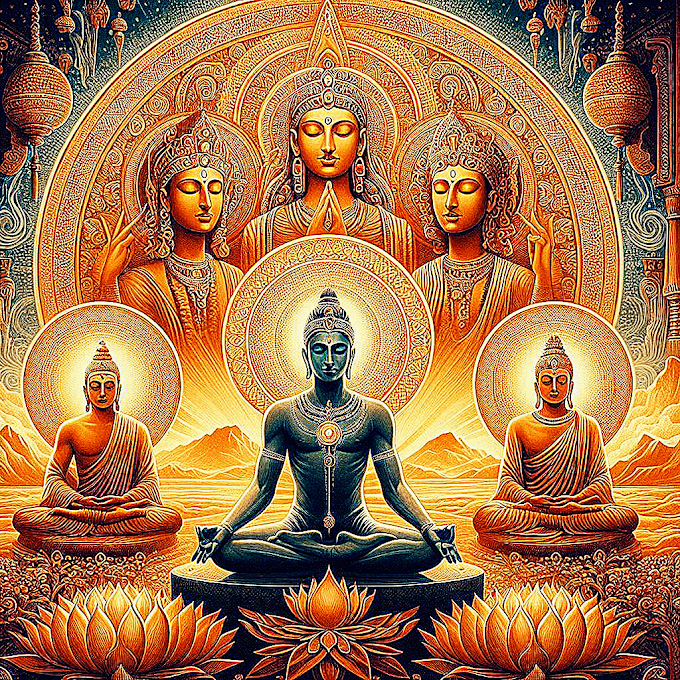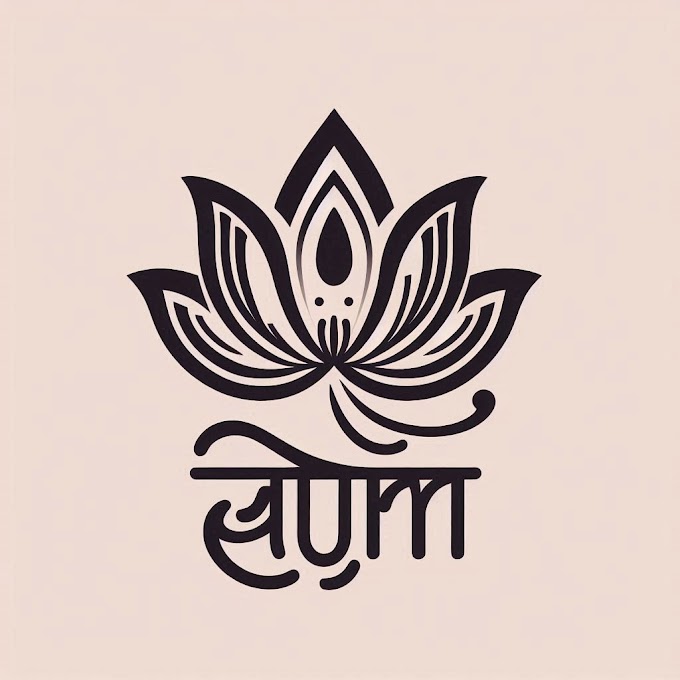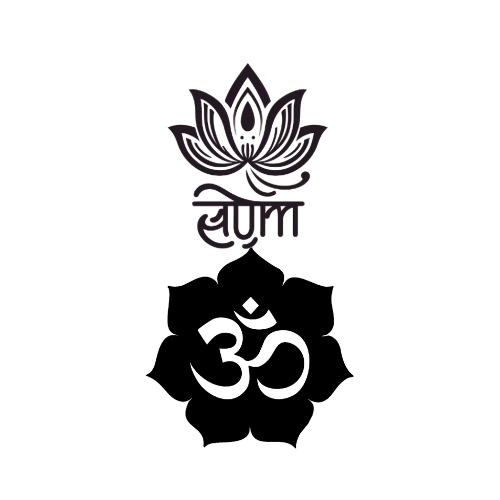Key Philosophical Contexts of Hatha Yoga Applications
| Indian Philosophy System | Relevance to Hatha Yoga |
|---|---|
| Samkhya | Offers dualistic metaphysics (Purusha-Prakriti) that underpins Hatha Yoga's goal of liberation through bodily discipline. |
| Yoga (Patanjali) | Hatha serves as preparatory ground for Raja Yoga; overlaps in ethical precepts and meditative absorption. |
| Advaita Vedanta | Some Hatha schools reinterpret practice as a way to attain non-dual realization (Jivanmukti). |
| Shaiva Tantra | Direct lineage to Hatha; emphasizes kundalini awakening, chakra alignment, and mantric rituals. |
| Ayurveda | Hatha Yoga kriyās used for dosha balance; intersection of somatic health and soteriology. |
Concluding Insight
Hatha Yoga is far more than a physical discipline—it is a deeply philosophical practice interwoven with India's soteriological, metaphysical, and ethical frameworks. It acts as a bridge between body and transcendence, manifesting diverse applications in ethics, therapy, and self-realization.
Chauhan, D. & Bansal, M. (2024). Bridging Traditions and Trends: Indian Knowledge Systems and Yoga. Sirjana Journal.
Singleton, M. (2010). Yoga Body: The Origins of Modern Posture Practice. Oxford University Press.
Bhide, S. R., & Bhargav, H. (2023). Exploring the Therapeutic Potential of Yoga Philosophy. Indian Journal of Psychological Medicine.

.png)



.png)
.png)
.png)
.png)
